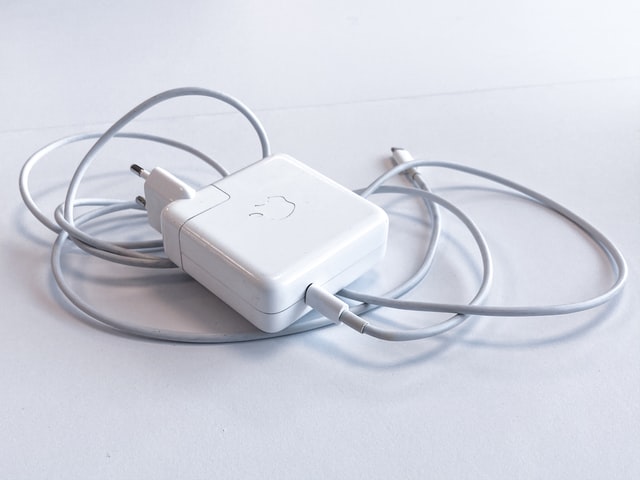The global pandemic has caused recession in many parts of the world. Unfortunately, many Singaporeans found themselves in uncomfortable financial situations. We are slowly recovering with a hopeful heart this 2021. Despite the optimism, it does not erase the effects of the past year.
The economic turmoil exposed most of our financial mistakes and vulnerabilities. Here are just some of the missteps that many of us faced in the past several months.
#1: DIFFICULTY IN BUILDING AN EMERGENCY FUND
Say you did not build an emergency fund before the crisis hit. While we could not have predicted a pandemic, it is always crucial to have an emergency savings to cushion large expenses. A good rule of thumb is to keep up to six months of living expenses in an easy-to-access account. Start now!
#2: INABILITY TO SAVE MORE MONEY
Apart from having an emergency fund, one of the lessons that we learned during the pandemic is the importance of savings. Putting this knowledge into practice is harder than it seems. In a local survey, 55% of the respondents said they reduced their savings over the past months. This may be due to job loss, reduction in income, and other financial struggles due to the situation. Creating opportunities for other streams of income can help widen the savings.
#3: PUTTING A PAUSE ON THE RETIREMENT PLAN
Retirement may not be the first thing most people think about when they are still young, but it is a part of our financial plan that we cannot afford to ignore. Like it or not, there will come a time when you are no longer able to work. Your retirement plan must not stop due to a recession.
However, many Singaporeans found it hard to continue investing for their future due to the current climate. In fact, 27% of those with financial plans said they have stopped setting aside or even reduced their funds for retirement.
#4: MAKING EMOTIONAL FINANCIAL DECISIONS
Volatility has abounded lately. When you see your balance go down, do not allow yourself to make an emotionally driven decision. View it pragmatically as you are in it for the long haul. Remember how and why you originally structured the portfolio. If your circumstance have changed or your allocation no longer aligns with your goals, you should consider making risk changes.

Image credits: pixabay.com
It is crucial to stay engaged in the financial world. Take this uncertain times positively by creating more awareness around your financial health and goals. Talk to a financial professional to help you implement these goals.








